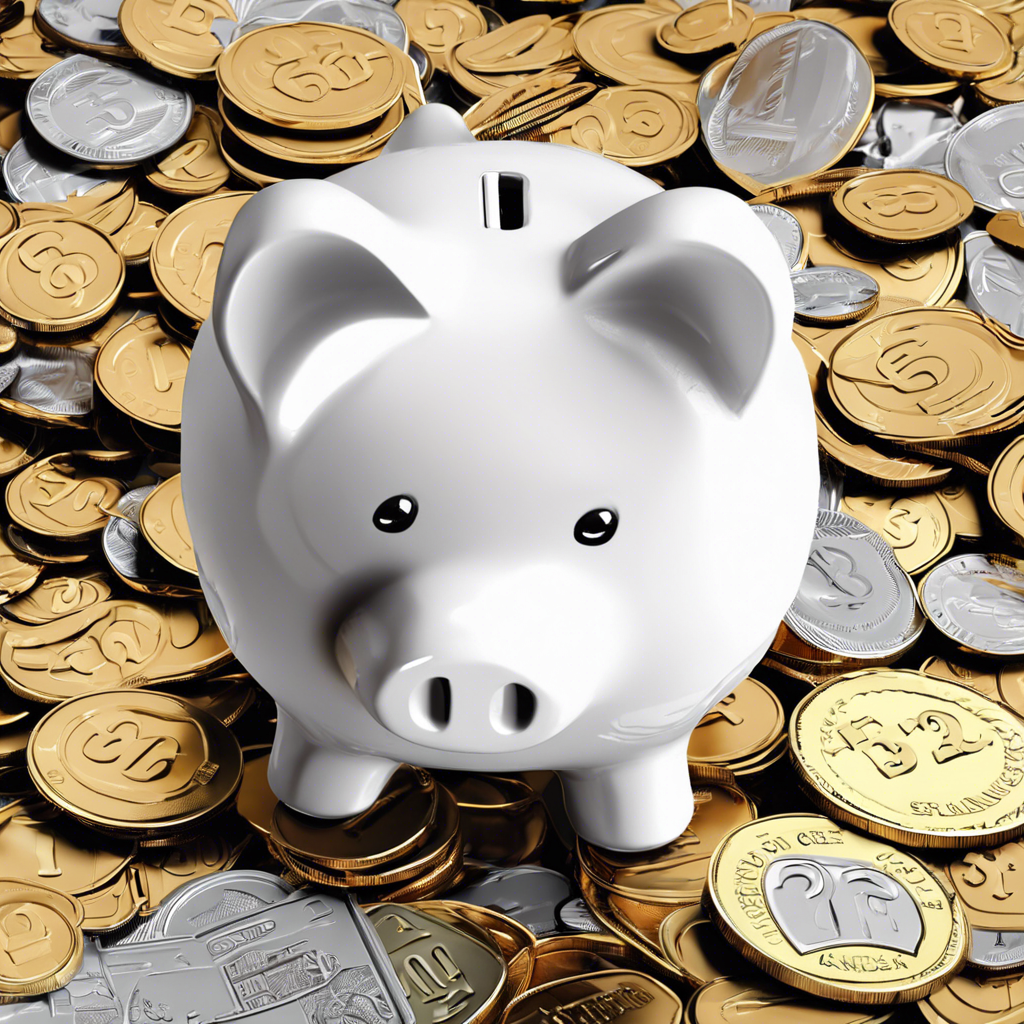Building an emergency savings fund is a crucial aspect of financial planning that often gets overlooked in our daily pursuit of wealth and prosperity. Life is full of surprises, and not all of them are pleasant. Whether it’s an unexpected medical bill, a sudden job loss, or a major home repair, having a financial cushion can make the difference between weathering the storm and being overwhelmed by it. So, how much should you set aside for those rainy days?
Financial experts often recommend keeping at least 3-6 months’ worth of living expenses in an easily accessible savings account. This is your emergency fund, a safety net designed to catch you during life’s unexpected free falls. The exact amount you should save depends on various factors, including your monthly expenses, job security, and the number of dependents relying on your income.
For those living on a tight budget, starting small is perfectly acceptable. Every dollar saved is a step towards financial security. Consider saving a fixed amount each month, no matter how small. With time, this will grow into a substantial sum, giving you peace of mind and the ability to handle minor financial bumps.
The key to successful emergency savings is discipline and consistency. Set up automatic transfers from your paycheck or monthly income to your savings account. This way, you save effortlessly without even thinking about it. Remember, this money is for emergencies only and should not be touched for non-essential purchases or investments.
For those with more disposable income, the challenge may be less about starting to save and more about not overspending. It’s easy to get caught up in the excitement of immediate gratification, but prioritizing your emergency fund will ensure you’re prepared for the unexpected. Consider the potential impact of a financial emergency on your lifestyle and long-term goals.
A robust emergency fund not only protects against financial disasters but also provides the freedom to take calculated risks. Whether it’s starting a new business, changing careers, or seizing an investment opportunity, knowing you have financial backup can empower you to make bold moves without fear of financial ruin.
In today’s uncertain times, with economic fluctuations and the ongoing global pandemic, building a substantial emergency fund has become all the more essential. It’s about safeguarding your present and future, ensuring you’re prepared for whatever life throws your way.
So, take the first step today. Start small if you must, but start saving. Open a dedicated savings account specifically for emergencies and automate your savings. Gradually increase the amount as your financial situation improves. The peace of mind that comes from knowing you’re prepared is priceless.
Remember, the goal is not just to save for the sake of saving but to achieve financial resilience. It’s about building a buffer that allows you to sleep soundly at night, knowing that you and your loved ones are protected against life’s financial curveballs.
Stay tuned for our next article, where we’ll explore practical strategies to boost your savings and reach your emergency fund goal faster!
